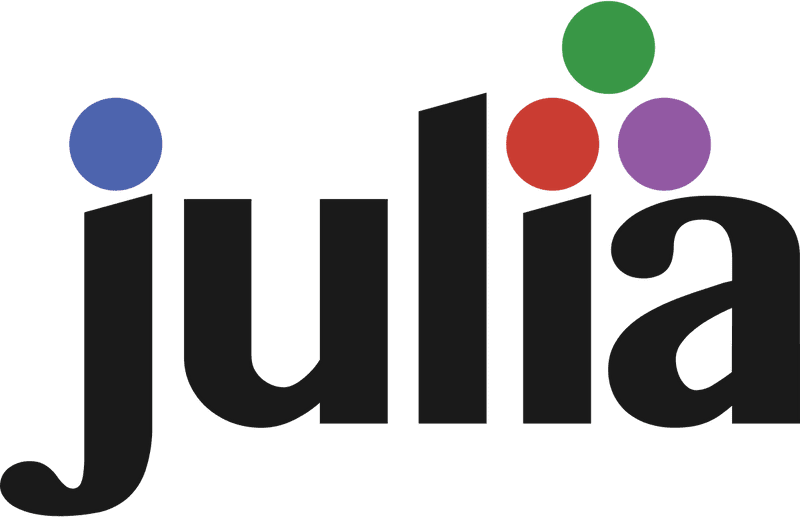Elon Musk recently predicted that in five years AI will become more intelligent than its human creators. He explains that it could be more dangerous than nuclear weapons if poorly regulated. On the other hand, Tesla, Musk’s autonomous vehicle manufacturing company, recently built their own AI chips for their self-driving cars. Whether you’re a fan of Elon Musk or not, you’d have to agree that there are both pros and cons of Artificial Intelligence.
In this blog post, we’ll give you a glimpse into AI and explore both sides of it, so that you have a balanced view of the technology. (it could even help in an interview, you never know!)
Pros and Cons of Artificial Intelligence: Definitions and Trends
Artificial Intelligence is the endeavor to make machines and computers mimic human behaviour. It makes machines perform activities that hitherto needed human intervention, say, surgery or space exploration.
The scope for AI in the field of data science is growing every day as machines become more integrated into human lives (try remembering your favourite colleague’s mobile number!). As our demands from technology and machines grow, AI empowers them to fulfill and even go beyond our expectations. However, data scientists, ML engineers, deep learning researchers are still brainstorming hard to make the output more accurate and perfect. Here are some top AI trends that are emerging:
More businesses use AI-based tools to automate their operations
Things like entering data from paper invoices or reading contracts to identify risky clauses will no longer be necessary, thanks to machine learning and natural language processing.
Customers get more personalized services.
Netflix recommending movies ‘they think you’ll like’, phones that unlock by recognizing your face, chatbot assistants that help you to shop are all enabled by AI.
Cloud-based innovation grows.
AI requires computer capabilities that would be impossible, or in the least unsustainable, using the on-prem infrastructure. Cloud has become the de-facto platform for AI, and with good reason. India is using it to overcome development challenges.
But are they all good for us? Let’s see.
Get To Know Other Data Science Students
Isabel Van Zijl
Lead Data Analyst at Kinship
Garrick Chu
Contract Data Engineer at Meta
Haotian Wu
Data Scientist at RepTrak
Pros and Cons of Artificial Intelligence: What is the Advantage of AI?
There are plenty of benefits of AI, not just for large businesses and corporations, but also for individuals and small businesses. From the voice-based personal assistant on our smartphones to the drones that are helping Indian farmers reap the better harvest, AI is changing the world for the better.
Here are some of the pros of artificial intelligence.
#1 Reduces human error
‘To err is human’, of course. But errors cost businesses — in money and in opportunity costs. AI can help organisations minimise errors by automating repetitive tasks. Imagine a large organisation that processes 100s of invoices each day. Employing humans to input information from the printed invoice into an ERP system can be error-prone. To say nothing of the waste of human ingenuity.
Now, if a computer vision-based tool can scan and update the ERP automatically, the employee can use their skills to solve more problems, build relationships with vendors, and perhaps even have a life!
#2 Optimises decision-making
Ever seen Sherlock? Then you’d know that he processes the vast amounts of information he’s gathered throughout his life — and stored in his memory palace — to make his uncanny deductions. You or I might not be able to develop Sherlock’s skills in this lifetime, but we can perhaps supplement that with AI.
AI processes data learns from patterns and enables better decisions over time. It can help remove human biases and realise outcomes that are faster, fairer and more objective. This is not to say that AI will make all decisions on its own. It will always need a human to consciously guide AI towards this goal.
#3 Minimises risks
When ISRO sent Chandrayaan-2 to study the lunar surface, they didn’t send a human to collect information — they sent the rover Pragyan. The lander unfortunately crashed, but there was no loss of precious human life.
Had the rover been able to land, it would have continuously transmitted data accurately and without subjective distortion. Unlike human faculties, AI can be harnessed at any given time with the same level of effectiveness.
What Are the Disadvantages of AI?
For all its performance, there are some cons of artificial intelligence that present challenges in its successful large-scale adoption.
#1 Costs more than standard technology
At this stage, the productivity of AI solutions depends on the data that they are fed. In addition to the initial cost of setting up an AI system, companies will need to invest in and maintain a robust data framework, and devote time to training the software. The complexity of the software will also need a skilled worker to maintain it.
As a result most organisations either delay AI adoption or remain in the experimentation stage.
#2 Increases machine dependency
When a business process is automated, a logical consequence is that humans no longer need to understand the ‘how’ or ‘why’ of it (do you remember your favourite colleague’s mobile number I asked you earlier?). It is becoming increasingly common that people are committing a lot of their everyday activities to AI technology.
Now, if the AI machine or solution glitches, there is the real possibility that humans will not know what to do. The situation of overdependence, while a signal of the benefits of AI, might also mean reduced human engagement.
#3 Drastically changes the way we work
It is estimated that companies will see a 50% increase in the time spent using technological skills by 2030, due to automation. This means that companies will hire more and more employees with AI and automation skills, while other roles will be replaced by AI.
In a workplace where humans and AI work together, workflows will be designed according to the AI’s capabilities. This will transform the future of work.
Learn AI the Right Way, With Springboard
While we see that there are both pros and cons of artificial intelligence, the pros seem to outweigh the cons. Therefore, large-scale AI adoption becomes almost inevitable, later, if not sooner. Therefore, for professionals aspiring to build an AI career, this is especially an exciting time to enter the industry.
Since you’re here…Are you interested in this career track? Investigate with our free guide to what a data professional actually does. When you’re ready to build a CV that will make hiring managers melt, join our Data Science Bootcamp which will help you land a job or your tuition back!






